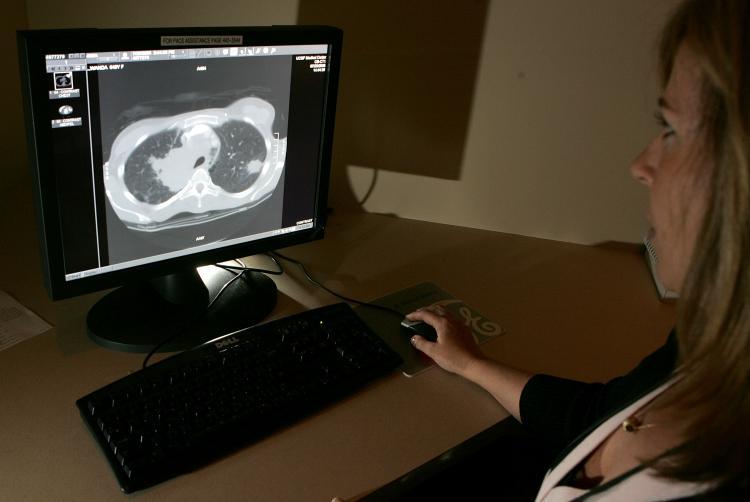The United States spends more than $40 billion annually on initial cancer screenings, with almost two-thirds of this amount attributed to screening for colorectal cancers, according to a peer-reviewed study.
In the study, published in the Annals of Internal Medicine on Aug. 6, researchers analyzed data from national health care surveys, and found that the “total health care system costs for initial cancer screenings in the United States in 2021 were estimated at $43 billion.”





